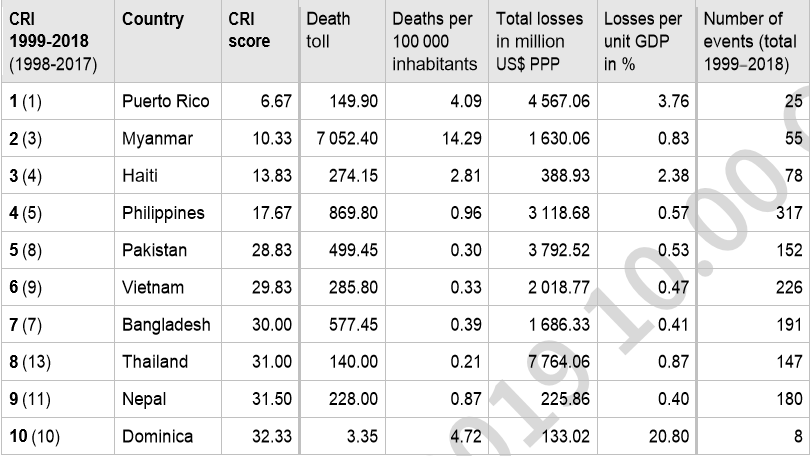Q5. Pakistan is reckoned among the top 10 most vulnerable countries to climate change. What urgent policy measures does Pakistan need to initiate to mitigate the climate effects? 2023

Pakistan is indeed among the top 10 most vulnerable countries to climate change, due to its geography, population, and socioeconomic conditions. The country is facing a range of impacts, including increased frequency and intensity of extreme weather events, such as floods, droughts, and heatwaves, as well as declining agricultural productivity, water scarcity, and loss of biodiversity.
To mitigate these impacts and build resilience to climate change, Pakistan needs to take a number of urgent policy measures. Some of the key steps that the government could take include:
- Developing a national strategy: Pakistan needs to develop a comprehensive, integrated, and coherent national strategy to address the impacts of climate change. This should involve the active participation of all relevant stakeholders, including government agencies, civil society, the private sector, and international partners.
- Increasing energy efficiency and renewable energy: Pakistan needs to prioritize energy efficiency and the development of renewable energy sources, such as solar, wind, and hydropower, to reduce its dependence on fossil fuels and reduce its greenhouse gas emissions.
- Improving water management: Pakistan needs to improve its water management practices, including developing water storage and distribution systems, improving irrigation efficiency, and promoting water conservation.
- Enhancing food security: Pakistan needs to focus on improving food security by promoting sustainable agricultural practices, such as agroforestry, and investing in research and development to develop climate-resilient crops.
- Strengthening disaster preparedness and response: Pakistan needs to enhance its disaster preparedness and response capacities, including early warning systems, evacuation plans, and disaster risk reduction measures.
- Investing in adaptation: Pakistan needs to invest in adaptation measures, including infrastructure projects, such as sea walls and flood protection measures, to build resilience to the impacts of climate change.
- Promoting environmental sustainability: Pakistan needs to promote environmental sustainability, including through measures to protect and restore natural habitats, such as forests and wetlands, which play an important role in regulating the local and regional climate.
In conclusion, addressing the impacts of climate change in Pakistan requires a comprehensive, integrated, and multi-sectoral approach. It requires the government, private sector, civil society, and international partners to work together to develop and implement effective policies and programs that prioritize mitigation and adaptation measures, and build resilience to the impacts of climate change.